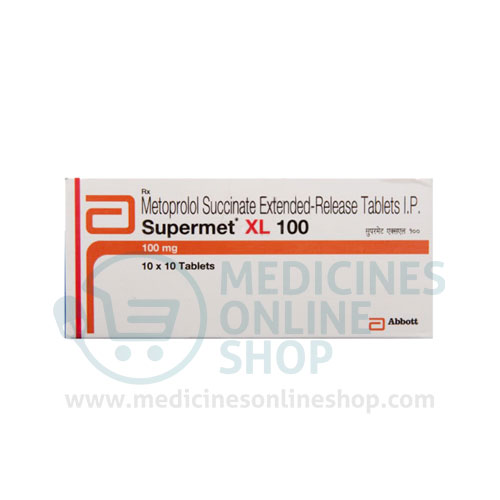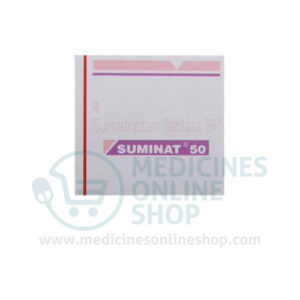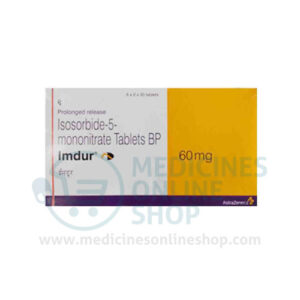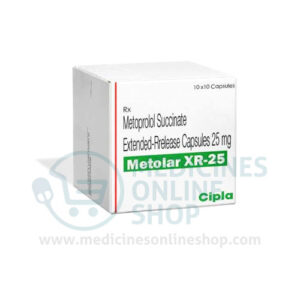What is this drug used for?
• It is used to treat high blood pressure.
• It is used to treat chest pain or pressure.
• It is used to treat heart failure (weak heart).
• It is used after a heart attack to help prevent future heart attacks and lengthen life.
• It may be given to you for other reasons. Talk with the doctor.
Frequently reported side effects of this drug
• Diarrhea
• Fatigue
• Loss of strength and energy
• Nausea
• Vomiting
Other side effects of this drug: Talk with your doctor right away if you have any of these signs of:
• Depression
• Severe dizziness
• Passing out
• Chest pain
• Abnormal heartbeat
• Slow heartbeat
• Shortness of breath
• Excessive weight gain
• Swelling of arms or legs
• Signs of a significant reaction like wheezing; chest tightness; fever; itching; bad cough; blue skin color; seizures; or swelling of face, lips, tongue, or throat.
Note: This is not a comprehensive list of all side effects. Talk to your doctor if you have questions.
Pronunciation
(me toe PROE lole)
Medication Safety Issues
Sound-alike/look-alike issues:
Lopressor may be confused with Lyrica
Metoprolol may be confused with metaproterenol, metoclopramide, metOLazone, miSOPROStol
Metoprolol succinate may be confused with metoprolol tartrate
Toprol-XL may be confused with TEGretol, TEGretol-XR, Topamax
Storage and Stability
Injection: Store at 20°C to 25°C (68°F to 77°F). Do not freeze; protect from light.
Sprinkle capsules: Store at 20°C to 25°C (68°F to 77°F).
Tablet: Store at 25°C (77°F); excursions permitted to 15°C to 30°C (59°F to 86°F). Protect from moisture.
Adverse Reactions
Cardiovascular: Arterial insufficiency (usually Raynaud type), bradycardia, cardiac failure, cerebrovascular accident, claudication, cold extremities, first degree atrioventricular block, hypotension, palpitations, peripheral edema
Central nervous system: Confusion, depression, disturbed sleep, dizziness, fatigue, hallucination, headache, insomnia, nightmares, temporary amnesia, vertigo
Dermatology: Exacerbation of psoriasis, pruritus, skin photosensitivity, skin rash
Endocrine & metabolic: Decreased libido, unstable diabetes
Gastrointestinal: Constipation, diarrhea, flatulence, heartburn, nausea, stomach pain, vomiting, xerostomia
Neuromuscular & skeletal: Musculoskeletal pain
Ophthalmic: Blurred vision, visual disturbance
Otic: Tinnitus
Respiratory: Bronchospasm, dyspnea, rhinitis, wheezing
Miscellaneous: Accidental injury
Rare but important or life-threatening: Abdominal pain, agranulocytosis, alopecia (reversible), anxiety, arthralgia, arthritis, chest pain, decreased HDL cholesterol, diaphoresis, drowsiness, dry eye syndrome, gangrene of skin or other tissue, hepatic insufficiency, hepatitis, impotence, increased lactate dehydrogenase, increased serum alkaline phosphatase, increased serum transaminases, increased serum triglycerides, jaundice, nervousness, paresthesia, Peyronie’s disease, retroperitoneal fibrosis, syncope, taste disorder, weight gain




